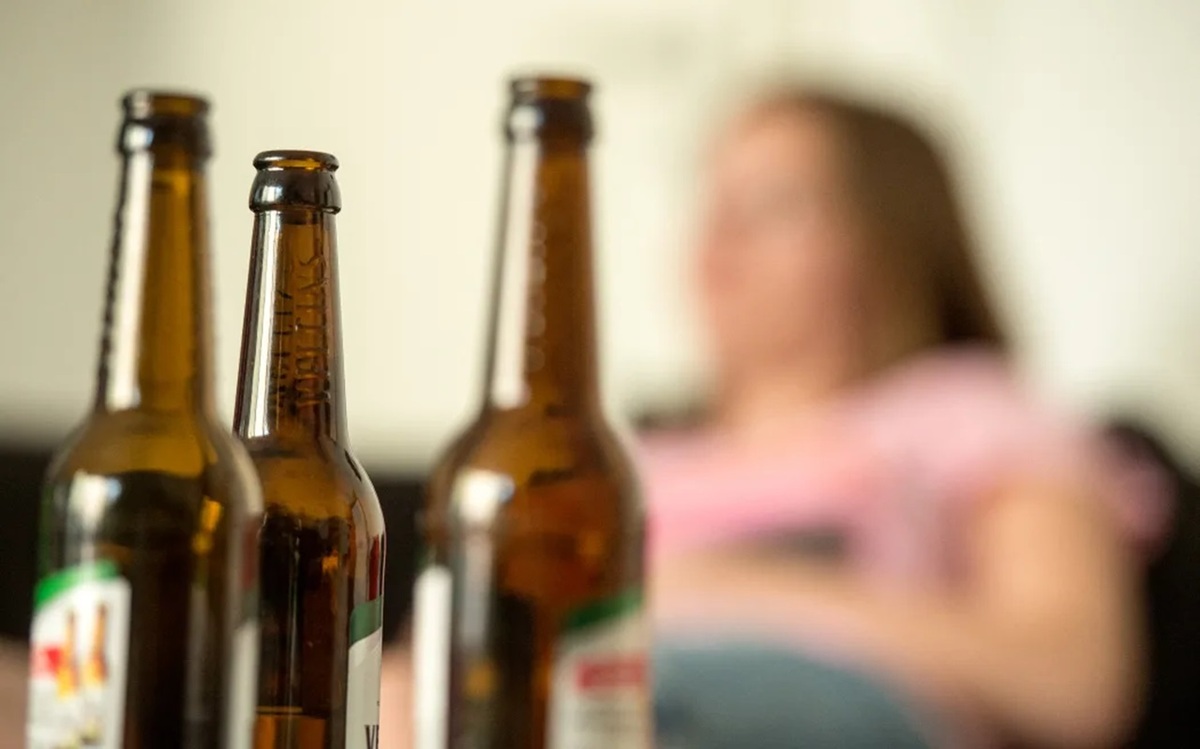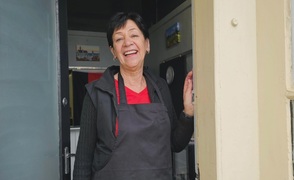Should I let my teenager try alcohol?
RNZ
11 December 2024, 8:21 PM
 Photo: ALEXANDER HEINL via RNZ
Photo: ALEXANDER HEINL via RNZBy RNZ Reporter Serena Solomon
Andrew Galloway's first experience with alcohol occurred when an adult family member supplied him with a box of beer.
"It was consumed irresponsibly and I was horribly sick. I went on to have a bad relationship with alcohol."
His experience mirrors what a large body of research-based evidence indicates. When parents introduce alcohol to their teenagers, it increases their child's chances of having an unhealthy relationship with drinking.
Galloway is now the executive director of Alcohol Healthwatch, an organisation dedicated to reducing and preventing alcohol-related harm. How parents should introduce alcohol to their children is a common question that he gets and the answer is delay delay delay.
As Christmas and New Year's Eve approach with all the associated parties, parents might think about pouring their 15-year-old a dribble of a stiff drink. Don't do it, say the experts.

Andrew Galloway from Alcohol Healthwatch, Photo: supplied
"It's a mind-altering depressant drug the harm of which is more than any other drug in New Zealand," said Galloway, who has since reined in his unhealthy drinking habits.
The millions spent on alcohol marketing each year - estimated at $61 million in 2018 - does a good job of associating alcohol with career and social success. But that's not the case.
Alcohol-related harm costs New Zealand about $9 billion annually. Alcohol is involved in more than 30 percent of family violence incidents. It directly contributes to one in ten cases of child abuse or child neglect. It can cause a range of diseases including heart disease and cancer.
What does the research say?
There is overwhelming research that indicates introducing alcohol to your teenager is not a helpful strategy, according to Sally Casswell, a professor of public health and social research at Massey University.
"I know that many parents will use this rationale that they're doing it so that their kids learn how to drink and it's safer for them to be given alcohol at home rather than outside. But there isn't any evidence that overall it's a good idea."
Casswell pointed to an Australian study published in 2018 that followed almost 2,000 parents and teenagers for six years. It found that when parents supplied their children with alcohol it resulted in increased incidents of binge drinking, alcohol-related harm and alcohol use disorder.

Professor Sally Cresswell.. Photo: supplied
"You also hear parents say and believe that if they supply the alcohol, there will be less chance that the kids will get it from other people, they won't go hunting it from friends or getting it illegally and so on."
The Australian study proved that theory wrong, too. If parents supply alcohol, it's likely their kids will seek more illegally, Cassell said.
But what does the law say?
New Zealand's laws don't line up with the research. While it is illegal for young people under the age of 18 to buy alcohol, parents can legally supply their children with it at any age in a responsible manner. Furthermore, parents or legal guardians can permit other people to supply their children with alcohol in a responsible manner.
A responsible manner, according to the Ministry of Justice, could mean supplying food and non-alcoholic drinks with the alcohol and limiting the strength and amount of alcohol served.
Galloway believes a drinking age of 25 is more in line with research than 18 when brains are still growing.
By age 25, the area of the brain responsible for decisions, the frontal cortex, "is fully developed and people can make decisions with a good risk calculator," he said.
But how do the French do it?
There has been a trend in bougie parenting spaces to look to France for parenting models (who remembers the book Bringing Up Bebe, an American view of French parenting?). This includes an assumption that the French have developed a sophisticated drinking culture by introducing fine wine to their children at the family dinner table.
This is an incomplete picture that glosses over alcohol harm in France, said Casswell
"[France] had one in five hospital beds with somebody in it with an alcohol-related disease. They were really struggling."
The nation that gives us sparkling champagne and rich Bordeaux reds began taxing alcohol heavily, reducing its availability and restricting alcohol marketing.
New Zealand tried a more liberal European approach to alcohol starting in the 1980s with the goal that "New Zealand would become a sophisticated drinking nation like France..." according to the Laking Report. The rationale ignored the strong association between increased alcohol availability and increased harm.
Now, some New Zealand councils are pulling back alcohol availability by reducing places where you can buy alcohol and reducing hours it can be sold, according to Galloway.
So how should I approach alcohol with my teenager?
When Casswell looks back at her days parenting teenagers, she stuck to a core message.
"I just kept saying over and over that 'I'm not saying you never drink alcohol. Later is better. Later is better. Later is better' and it worked."
Parents can sometimes feel pressure from their kids to provide alcohol because that's what they think other families are doing. Take heart, that isn't the case either.
"One of the things that has come out of the research is that often parents perceive that other parents are supplying alcohol to a greater extent than they actually are."
Alcohol is also falling out of favour with young people. Research from the University of Otago found that while binge drinking is still an issue, fewer teenagers drink alcohol than 20 years ago and they face less stigma when turning down a drink. - RNZ





